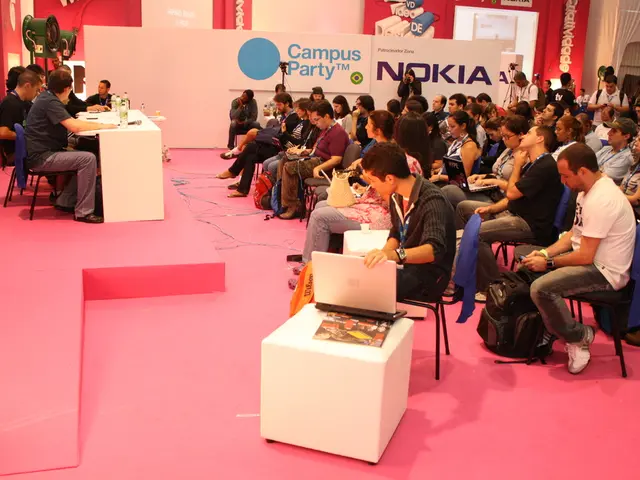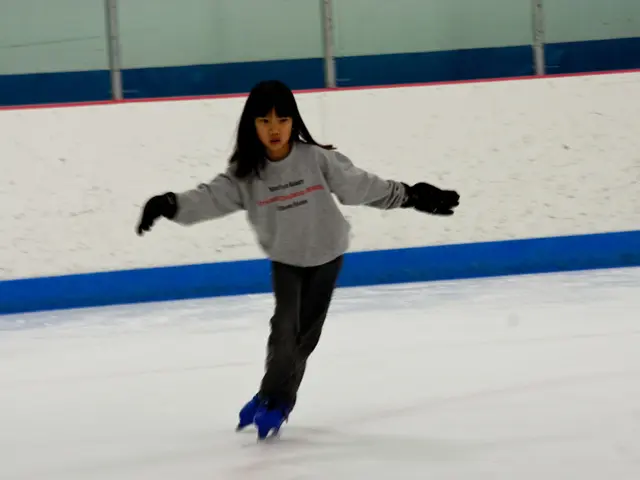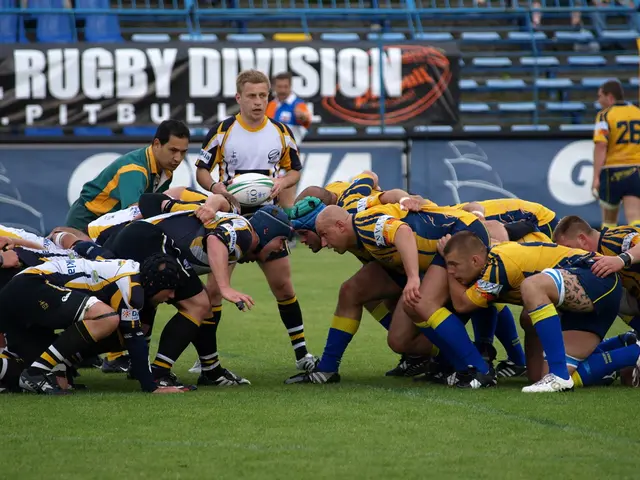Lothar Matthäus, the 1990 World Cup winner and former youth football coach, shares his struggles with overzealous parents in the game. After two seasons managing his son's team, Matthäus found himself dealing with late-night calls and dawn WhatsApp messages from involved parents. While he understands their protective instincts, team sports necessitate considering the collective good rather than individual interests.
Matthäus expressed his disapproval of parents' verbal attacks, some of which "crossed the line." He questioned his decision to coach, finding himself dragged into personal conflicts. Despite his extensive international experience, criticism from these parents and the impact on his son's game led to a change in clubs for the young Matthäus.
Despite the challenges, Matthäus continues to love coaching and watching his son play football. He emphasizes the importance of instilling team spirit and respect for others in youth sports, beyond solely nurturing individual talent.
Challenges for Youth Football Coaches:
- Favoritism and Pressure: Some parents may pressure coaches for more playing time, leading to a negative team dynamic.
- Unsolicited Coaching: Parents' sideline coaching and interference can confuse young players and undermine the coach's authority.
- Referee Abuse and Criticism: Parents' negative comments toward referees create a hostile environment and can lead to referees quitting.
- Post-Game Overanalysis: Detailed post-game analysis from parents may overwhelm young athletes, impacting game enjoyment.
- High Expectations and Demands: Parents' excessive demands for special treatment and high expectations create an unfair environment and undermine team cohesion.
- Bullying and Negative Behavior: Coaches may engage in bullying behavior, causing players' confidence to plummet and setting a negative team culture.
To mitigate these challenges, coaches should establish clear communication channels, set boundaries, and promote a positive team culture. Providing a supportive environment wherever possible allows young players to develop naturally, without excessive parental involvement or pressure.








